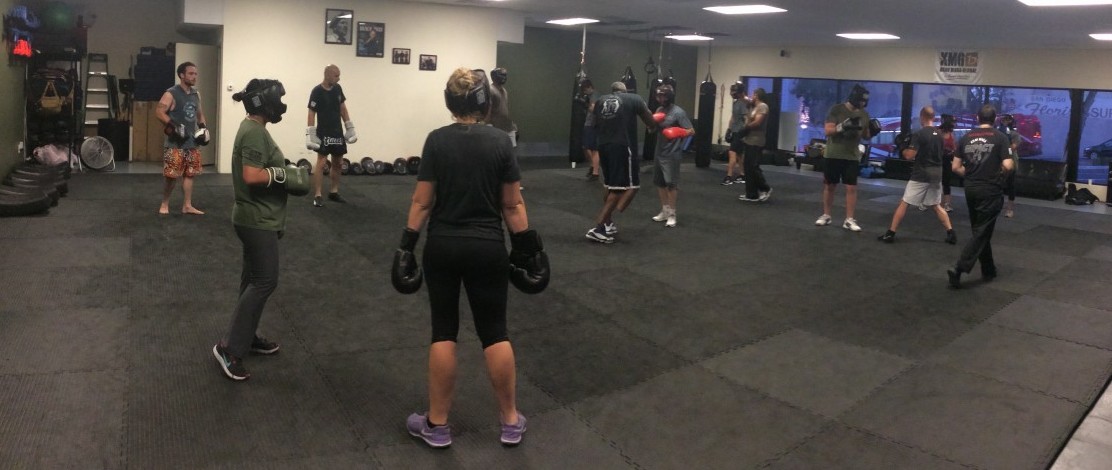
Principles of Krav Maga (Pt. I): Pre-fight behavior.
When people think of self-defense they often think about learning how to defend against the worst case scenario where immediate and decisive action is needed to neutralize the danger and escape with minimal harm to you and your loved ones. This could be a choke, a grab, a punch or anything else imaginable that calls for an aggressive and strong solution. But defending against an immediate danger is only one of three main components of Krav Maga and self-defense.
The first component focuses on what happens prior to any attack. This includes your regular daily behaviors, actions, habits, etc.
The second section focuses on the actions you take during the confrontation: fighting techniques and tactics that people want to learn when they initially look into self-defense training.
And the last portion focuses on what to do after you successfully dealt with the attack.
In this month’s article we will break down the first component of self-defense. What to do prior to any attack. This is the most overlooked portion of self-defense, but probably the most important. Remember that self-defense should not just start when the attacker’s arms are around your throat or when the knife is being thrust towards you. Often conflicts can be prevented and deescalated without any violence and this section will list and discuss these principles.
- Be aware of your surroundings
- Be vigilant and keep track of people and places around you. If anything or anyone looks suspicious avoid that area or group of people.
- Avoid distractions that take your attention away from the environment. This includes talking while texting or checking your phone.
- Avoid and deescalate confrontations before they turn violent
- Occasionally the attacks happen completely unannounced to the victims. But there are instances when the attackers try to entice you to a fight through shouting, yelling, cursing, pushing, etc. Often these can be deescalated without violence. We discussed how to handle these situations in one of our previous articles titled: It takes a Bigger Man to Walk Away
- Walk with confidence and awareness.
- Do not show fear and weakness as you go through your daily routines. This is often called victim’s mentality, where you see yourself as a victim and this is easily perceived by the attacker(s) that are looking for an easy target. Usually attackers are cowardly and are less likely to attack a more vigilant and confident person.
- Do not be cocky, aggressive and brash.
- There is a fine line between being confident and arrogant. Arrogance can often lead to escalation of conflicts and goes against the principles of self-defense.
- Do not look for a fight, but be prepared to fight if you have no alternative
- Just because you know Krav Maga does not mean you should be looking to use it. Avoid physical conflicts at all costs. They are always unpredictable and dangerous and no amount of training guarantees complete invincibility. So only use what you know when you absolutely have to.
Pre-fight behavior is an important component of any self-defense and should not be ignored. Of course the other two Krav Maga elements, dealing with what to do during the confrontation and after, are also crucial to a well-rounded self-defense training and we will discuss them in detail in the later issues of the newsletter.
Stay tuned and let us know what you think.

Great lesson. Part of awareness is also being aware of your environment; staying back from alleys, recessed doors, heavy landscaping and vehicles that can conceal an attacker. Space buys you time to react.
Thanks Bobbi for your input. You definitely make good points; awareness is a key component to self-defense and going home safe.